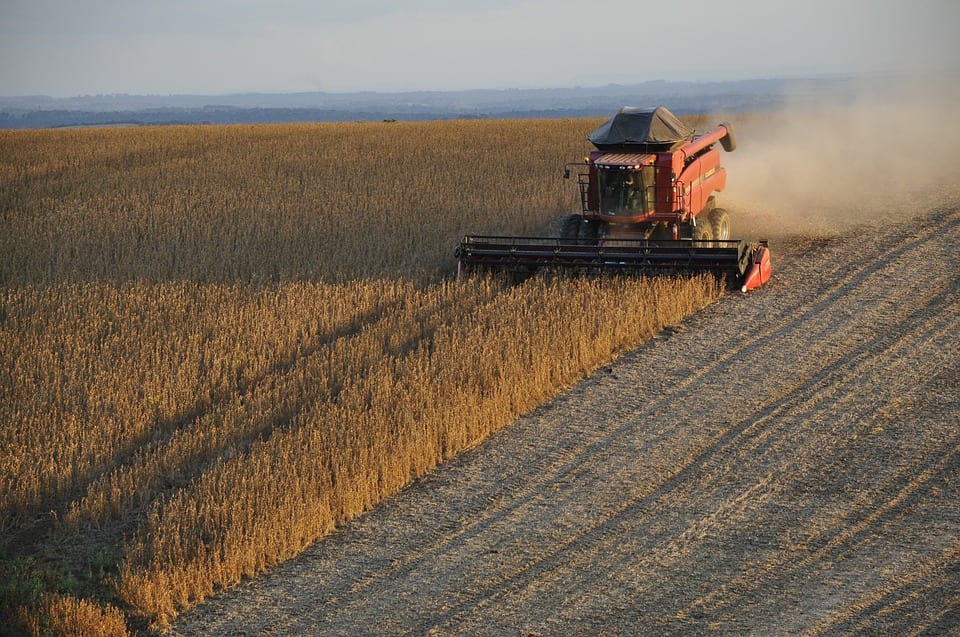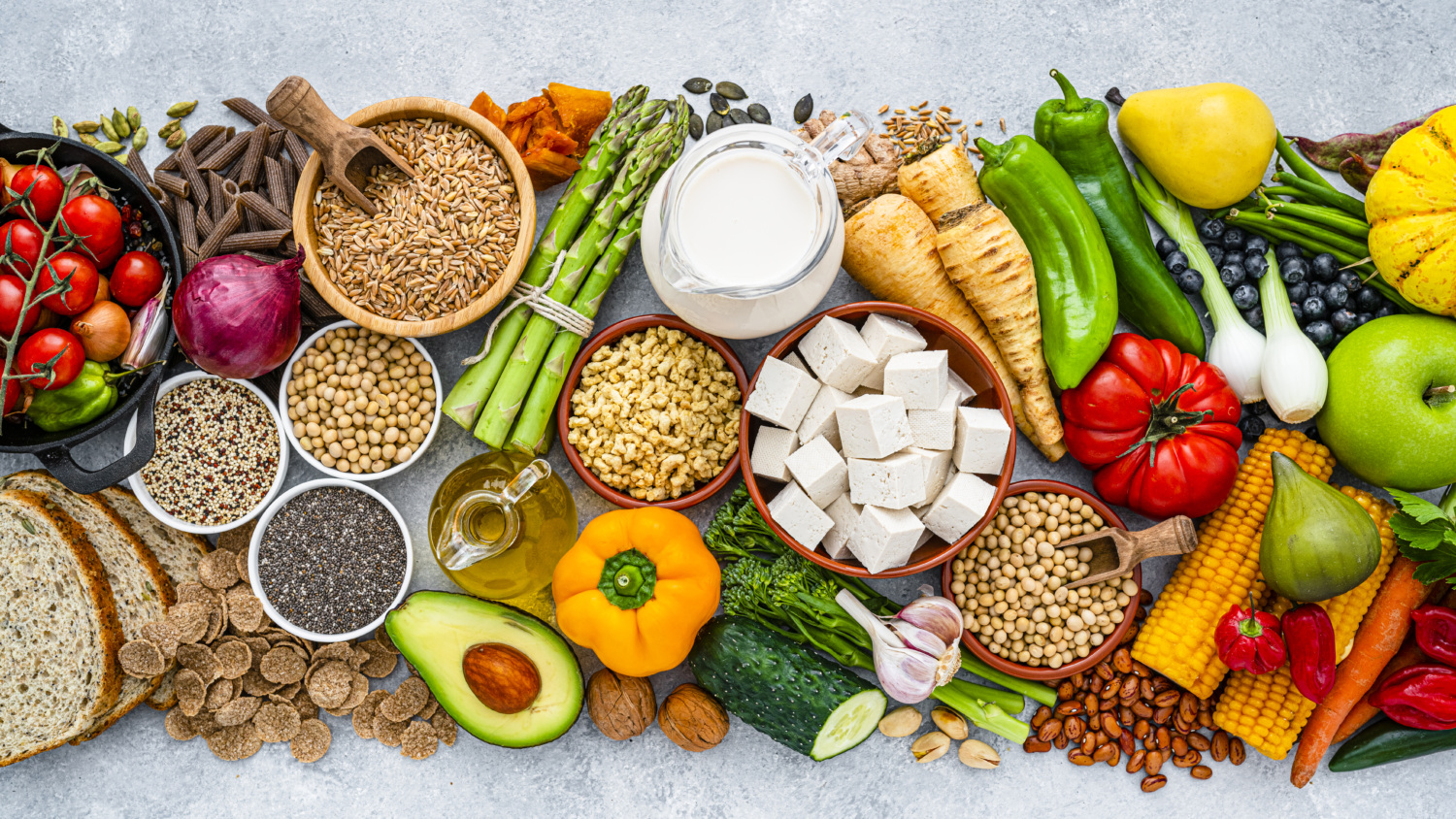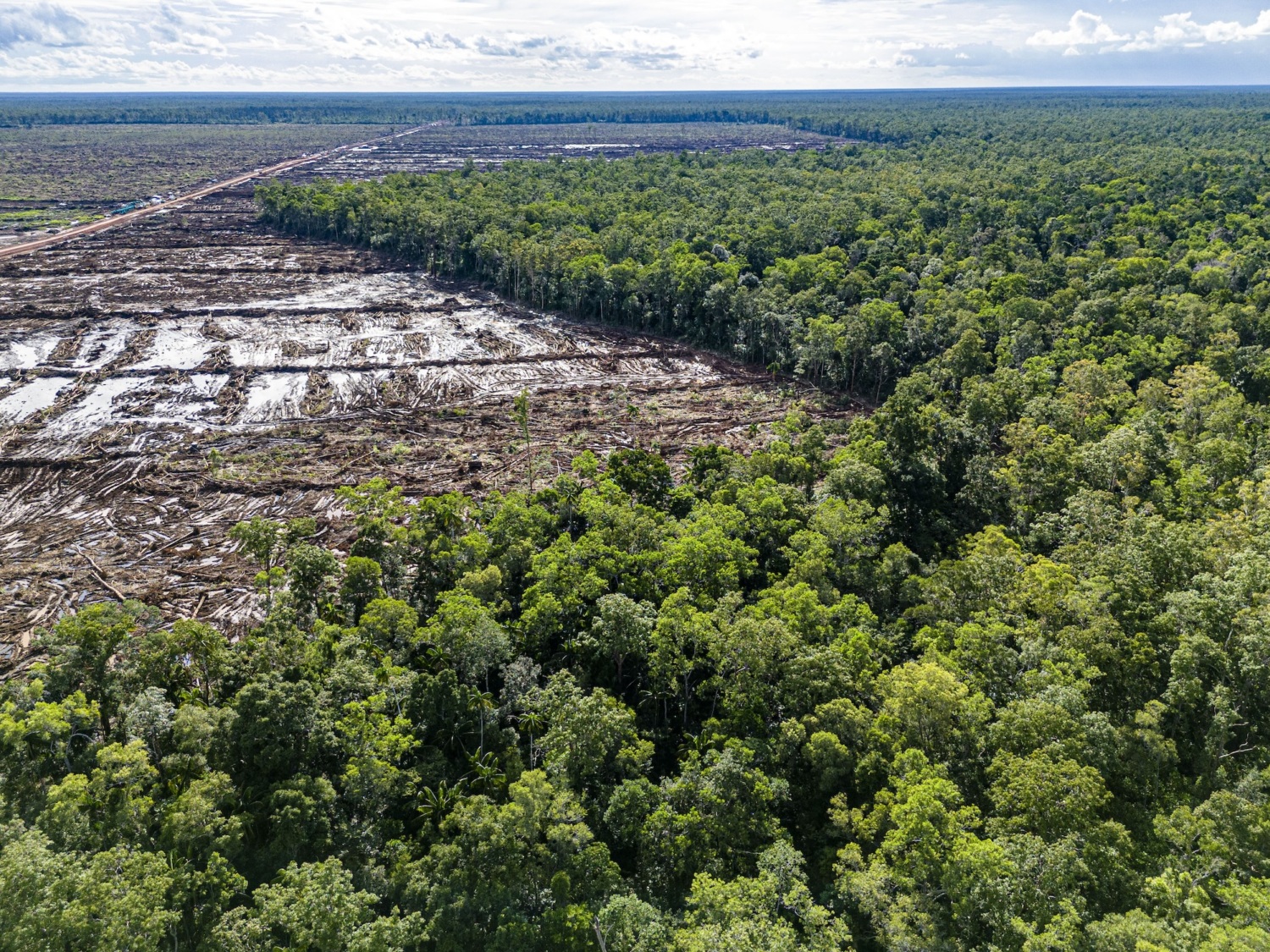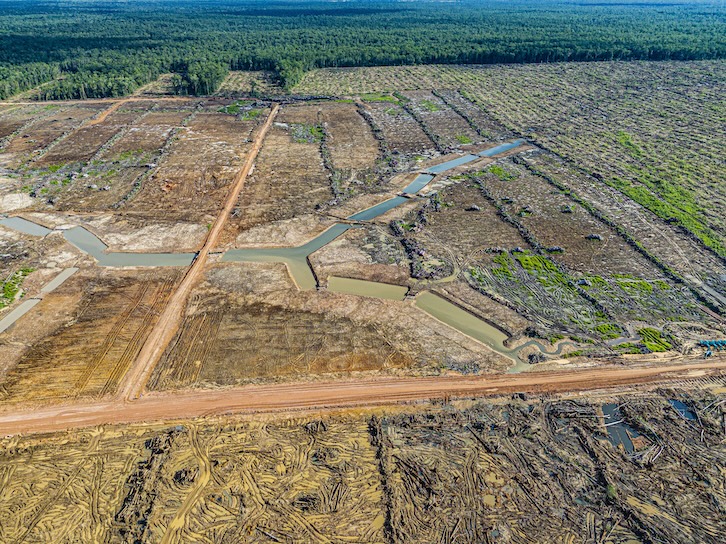
Major Supermarkets in France Commit to Fighting Soy-Driven Deforestation: Our Reaction

Almost all supermarkets in France – Carrefour, Casino, Auchan, Lidl, Metro, Système U, Mousquetaires and Leclerc – have announced measures to end the use of soy produced on deforested land today. While we welcome this important step, it is insufficient unless the government ensures these commitments are fulfilled and tightens up the rules that apply to all economic players in the supply chain.
To mark two years of the National Strategy to fight Imported Deforestation (Stratégie Nationale de lutte contre la Déforestation Importée, SNDI), seven large retailers have just announced that they are going to include non-deforestation clauses for soy in their suppliers’ contractual conditions. In particular, the supermarkets are demanding that their suppliers stop using soy from recently deforested land in the Cerrado, which is the main region in Brazil being deforested for soy production.
Every year, France imports more than two million tonnes of soy from Brazil for animal feed (poultry, pork, dairy products). Soy consumption in France is responsible for the worst impacts on forests and native ecosystems.
The supermarkets’ announcement is significant but not sufficient, explains Klervi Le Guenic, Canopée’s campaign officer: “The supermarkets’ manifesto sends a very strong market signal, but to go beyond mere words, this voluntary measure needs to be rapidly transformed into consistent action plans. Lidl, Système U and Auchan have already done this; the others now need to pick up on this positive dynamic. We will publish an analysis of the supermarkets’ different commitments soon.”
According to Etelle Higonnet, senior campaign director with Mighty Earth: “French supermarkets are finally listening to their customers’ concerns and leading an industry-wide effort to clean up the entire French soy supply chain¹. But a few key companies failed thus far to join the Manifesto. The elephants in the room are soy traders Cargill and Bunge, who have the power to stop importing deforestation-tainted soy. We’re also waiting for soy traders like COFCO and Louis Dreyfus to join, as their deforestation footprint is much lower than Cargill’s and Bunge. If they don’t, French companies should suspend contracts with them as soon as January 1st 2021.”
We are calling on all soy traders, and all businesses that use soy for animal feed, meat and dairy production including restaurants and food companies to sign the manifesto.
A fundamental condition for success is that the government seize these corporate commitments to strengthen the due diligence obligations for all companies. In September 2020, Canopée published a report under the auspices of the Scientific and Technical Council about putting an end to imports of soya that entailed a risk of deforestation². The manifesto we have signed today represents a continuation of this work and a demand for it to be implemented faster, as Sylvain Angerand, co-author of the report, explains: “It has become clear that the national strategy to fight imported deforestation has reached an impasse, due to a lack of resources, significant political trade-offs and over-reliance on voluntary commitments. This manifesto puts the ball firmly in the government’s court: the technical solutions exist, and stakeholders are ready to commit. What is needed now is to build on this dynamic to create a stricter framework for all businesses, particularly those that are subject to the law of due diligence but have not adopted any serious measures whatsoever to fight imported deforestation.”
¹More than 9 out of 10 French people support strong, specific action to fight deforestation. https://d25d2506sfb94s.cloudfront.net/cumulus_uploads/document/v3p20mpf8i/YG-Archive-030519-FernDeforestationAllMarkets065.pdf
²https://www.canopee-asso.org/wp-content/uploads/2020/09/Rapport-SOJA_09-2020-1.pdf


